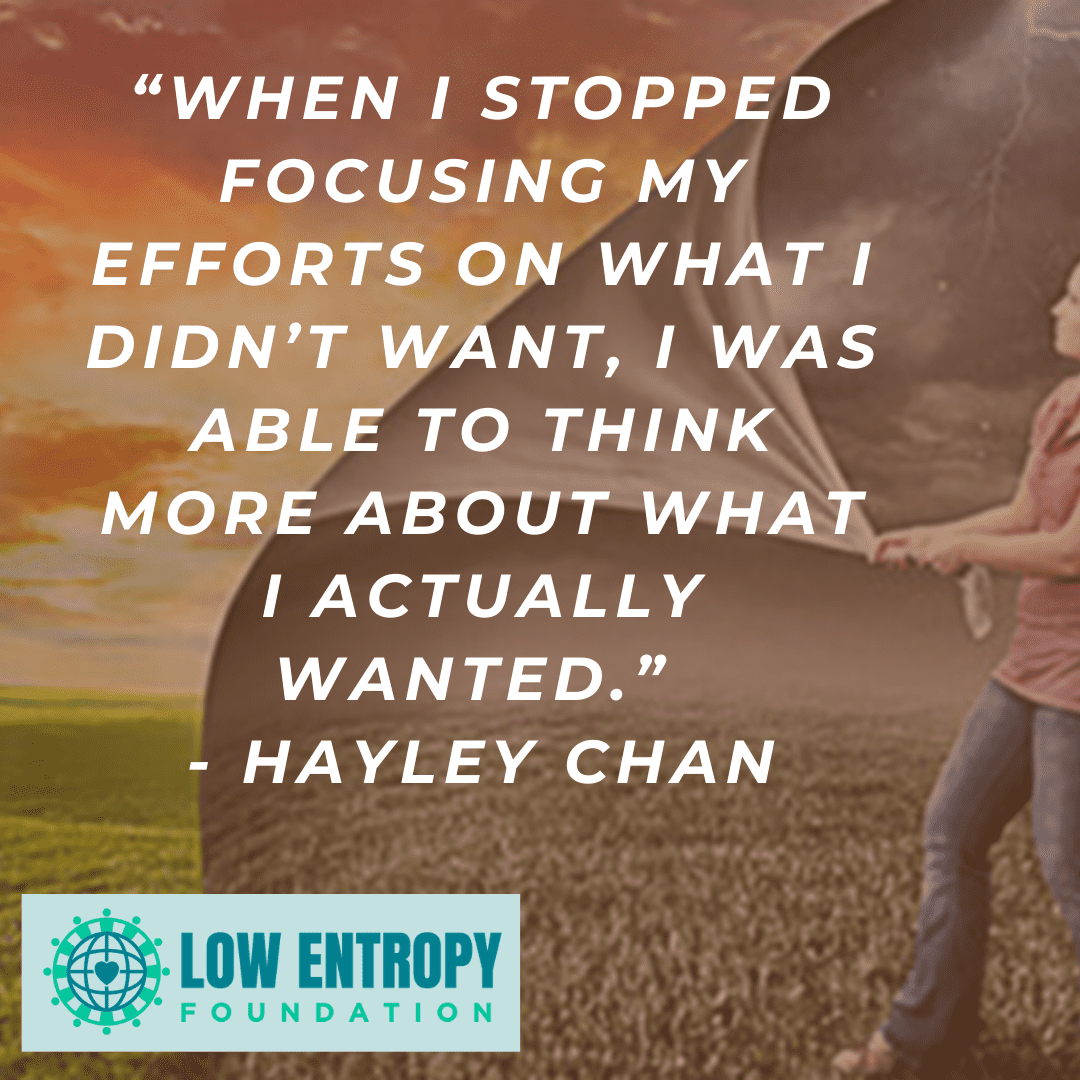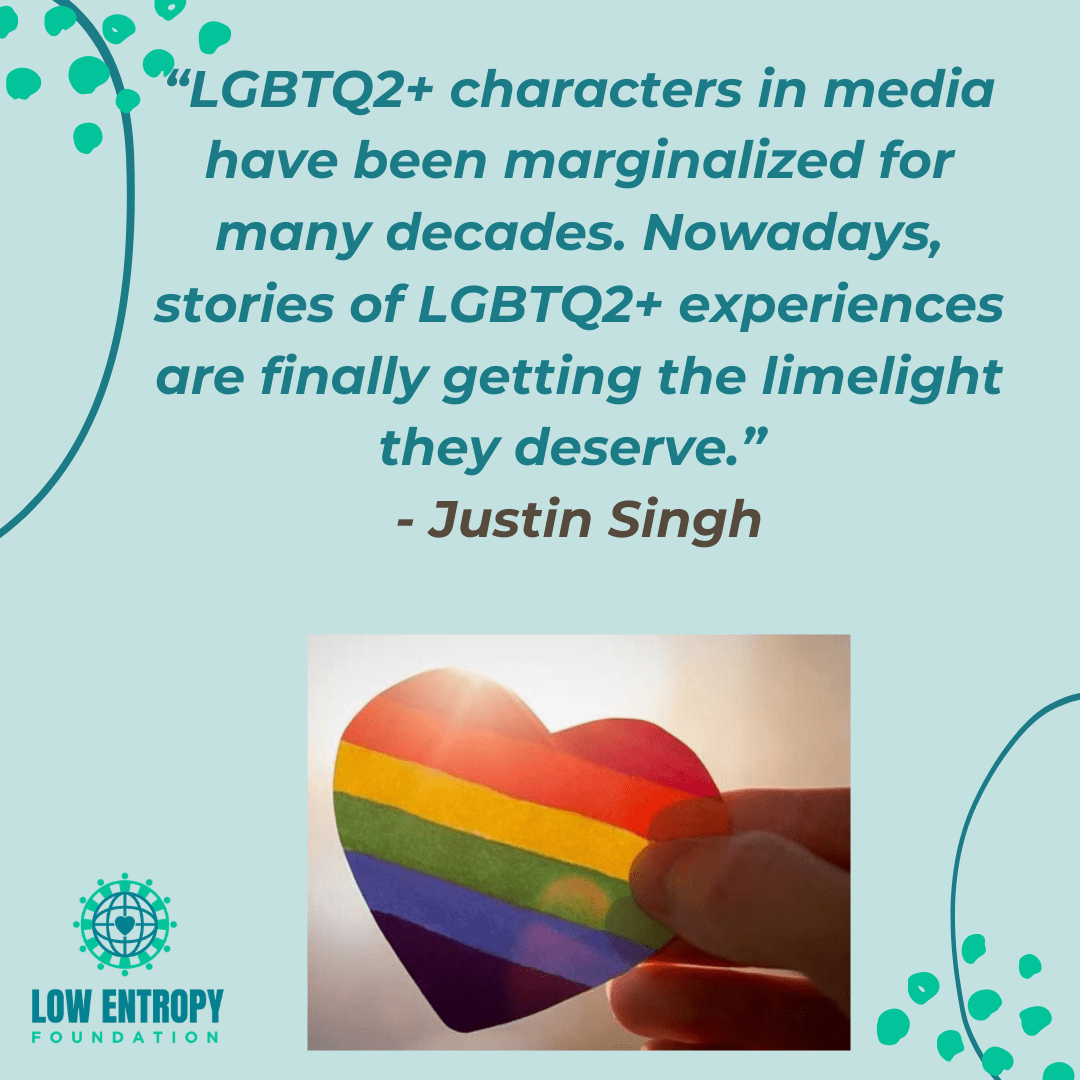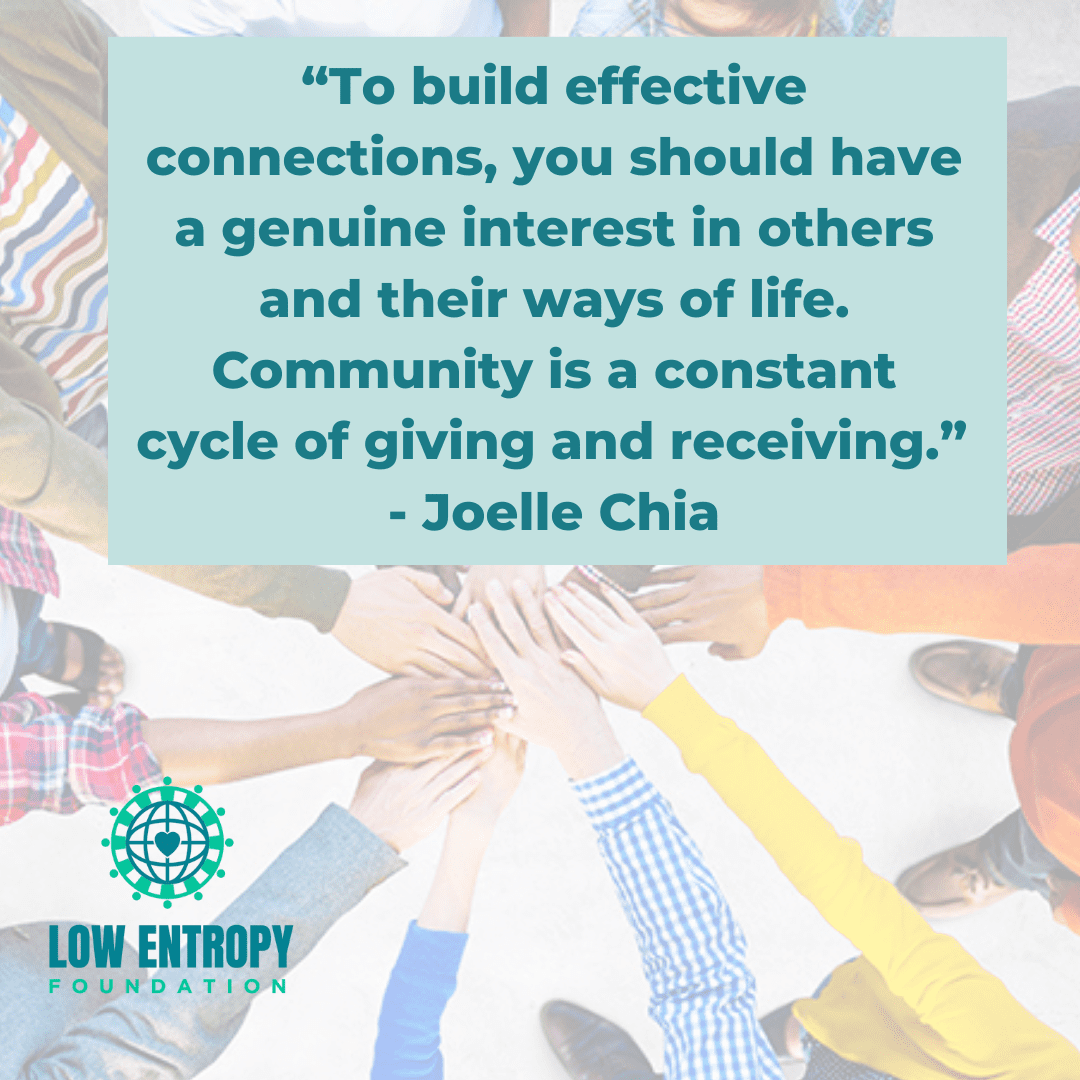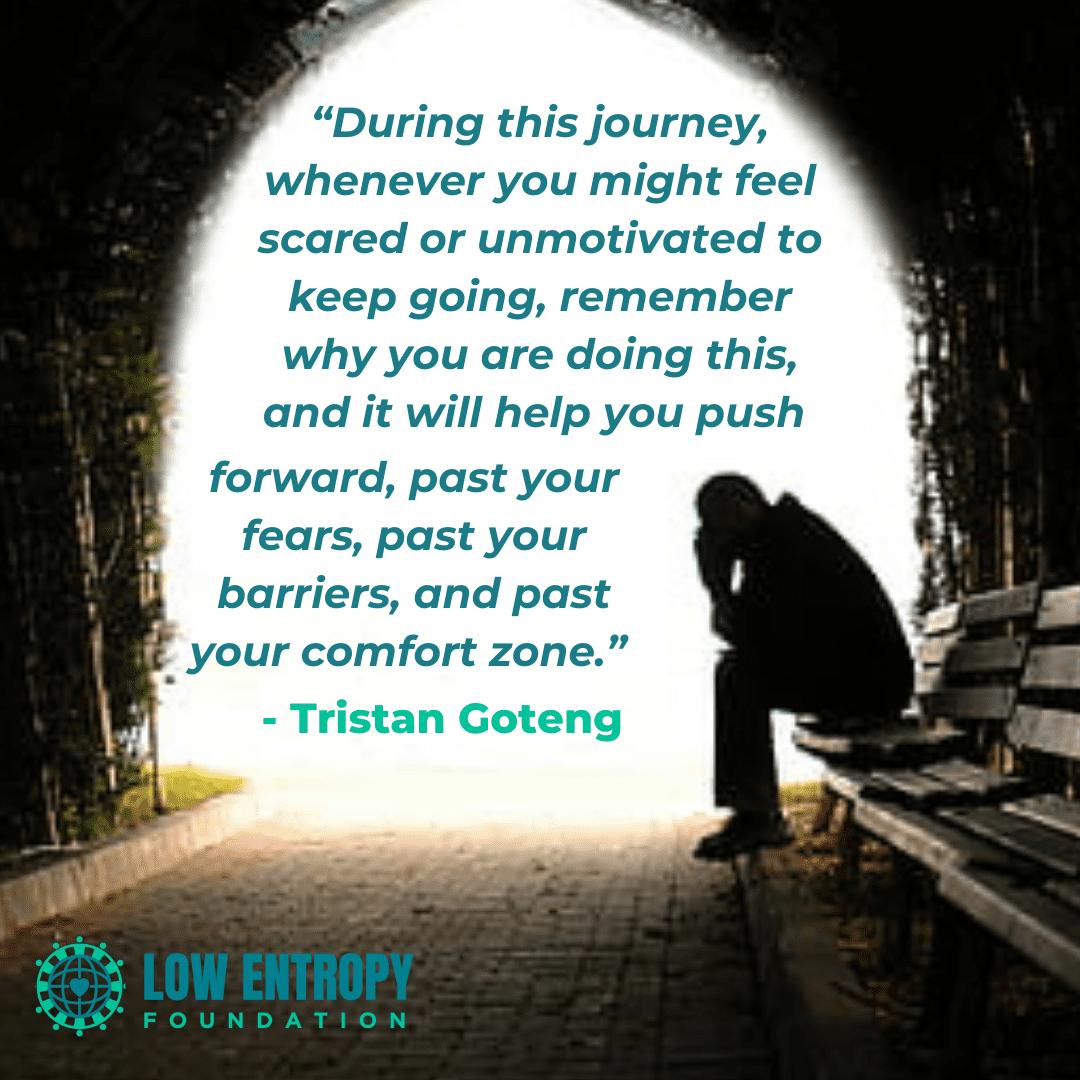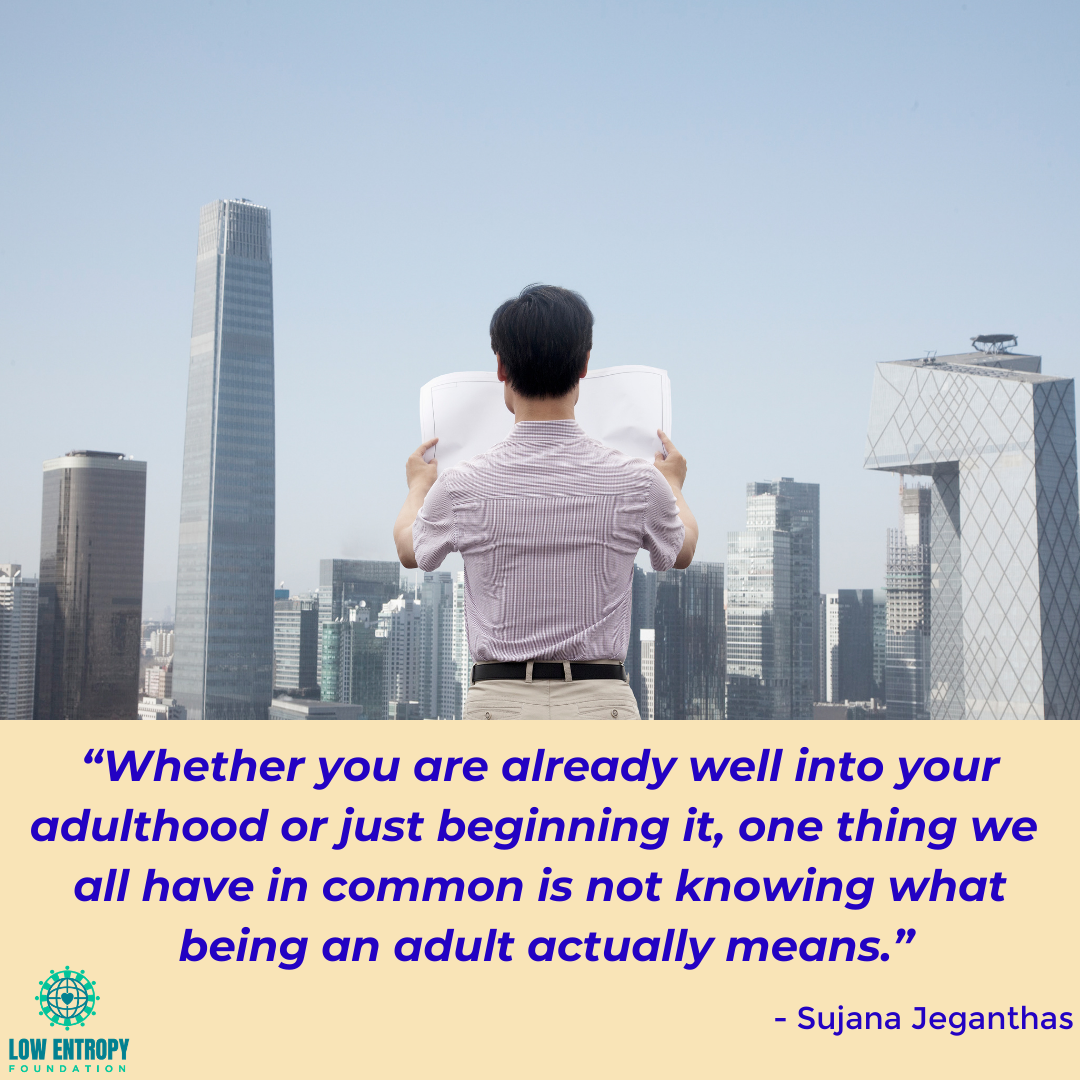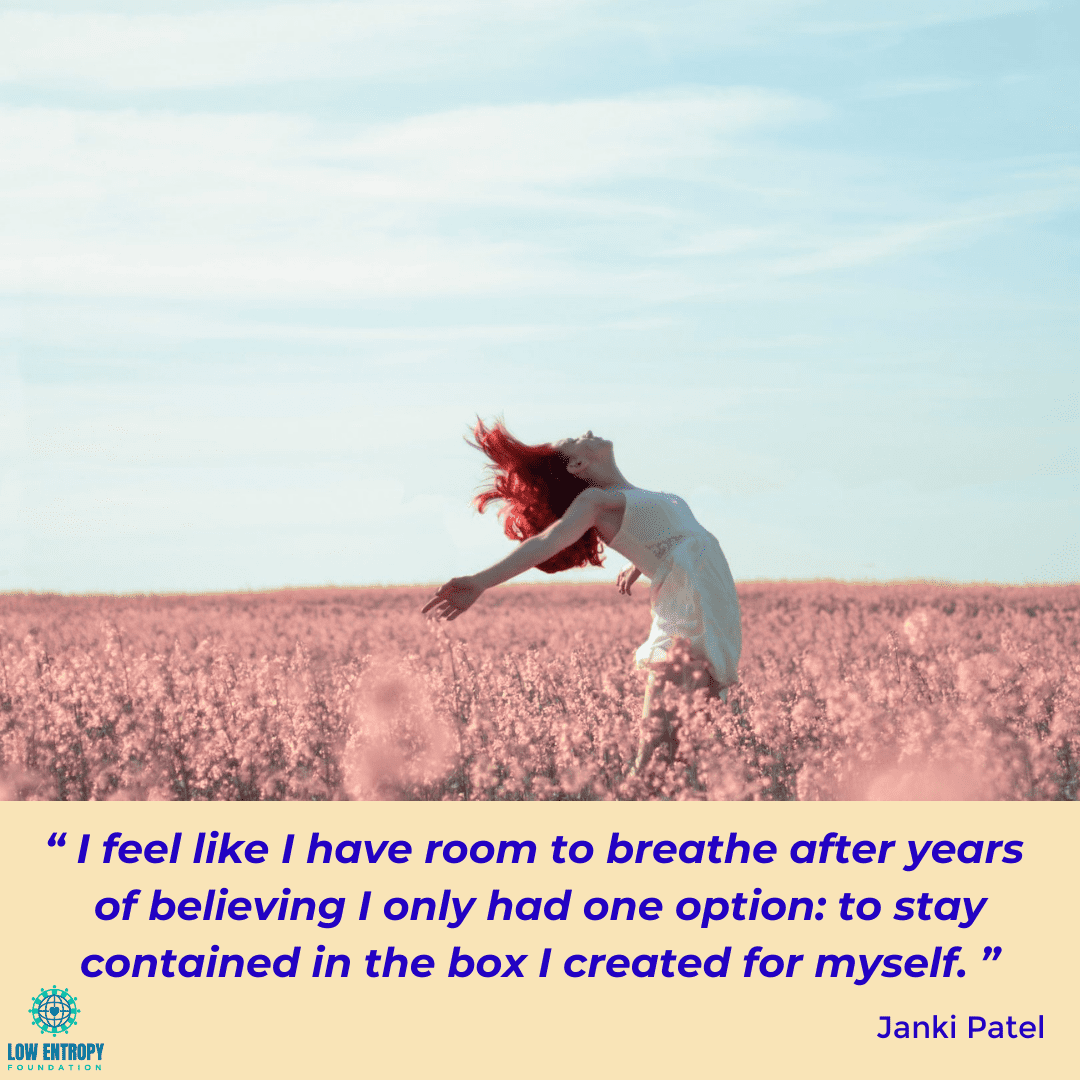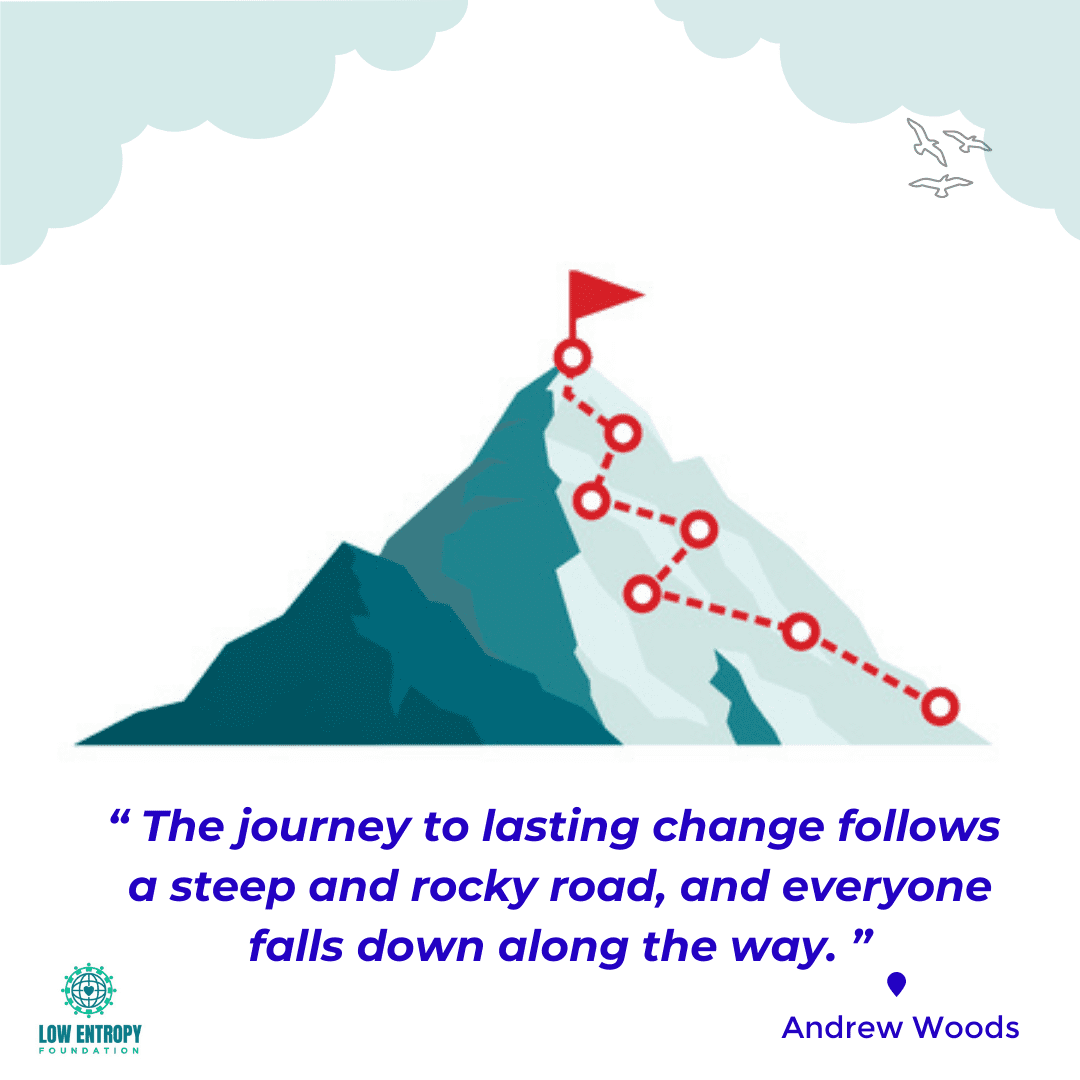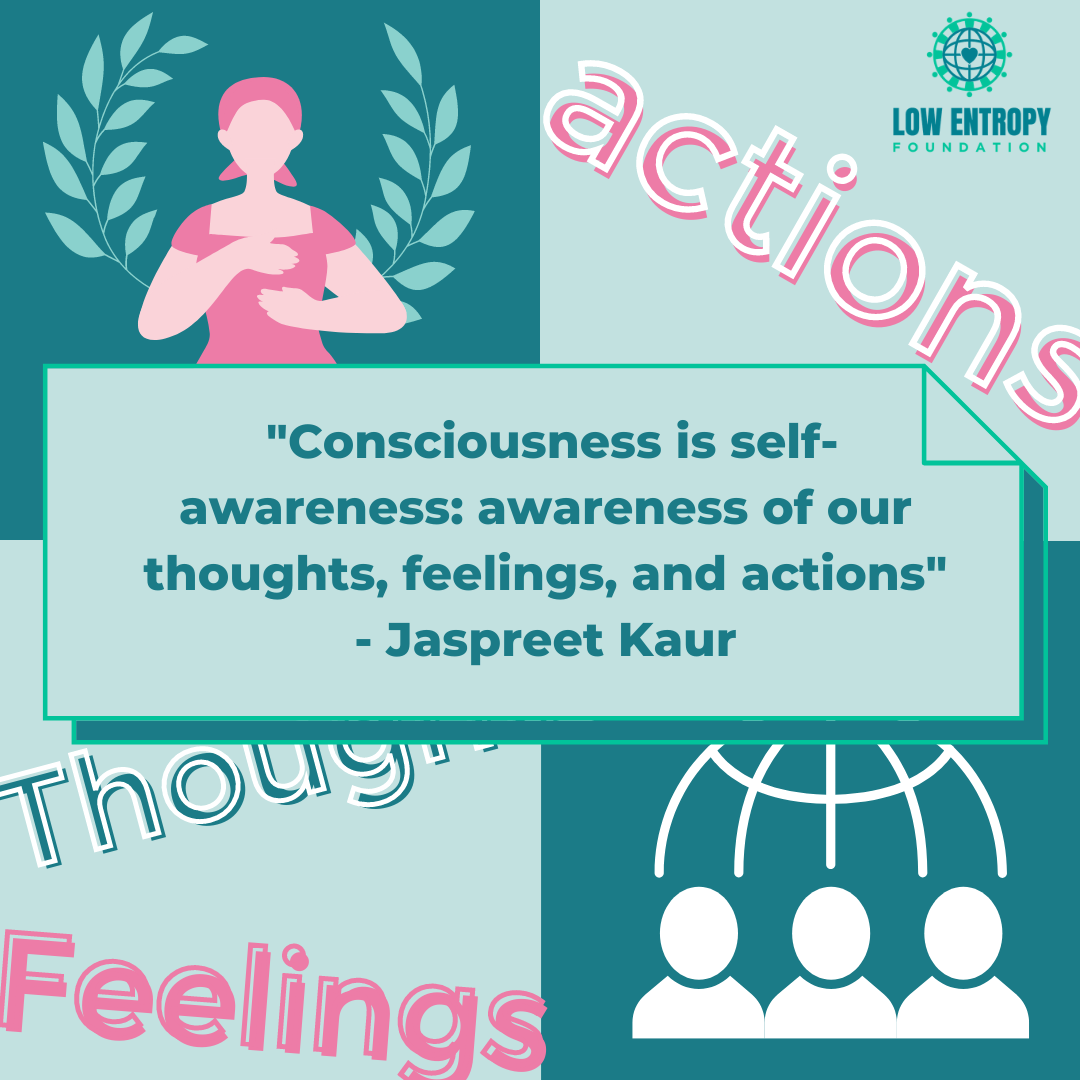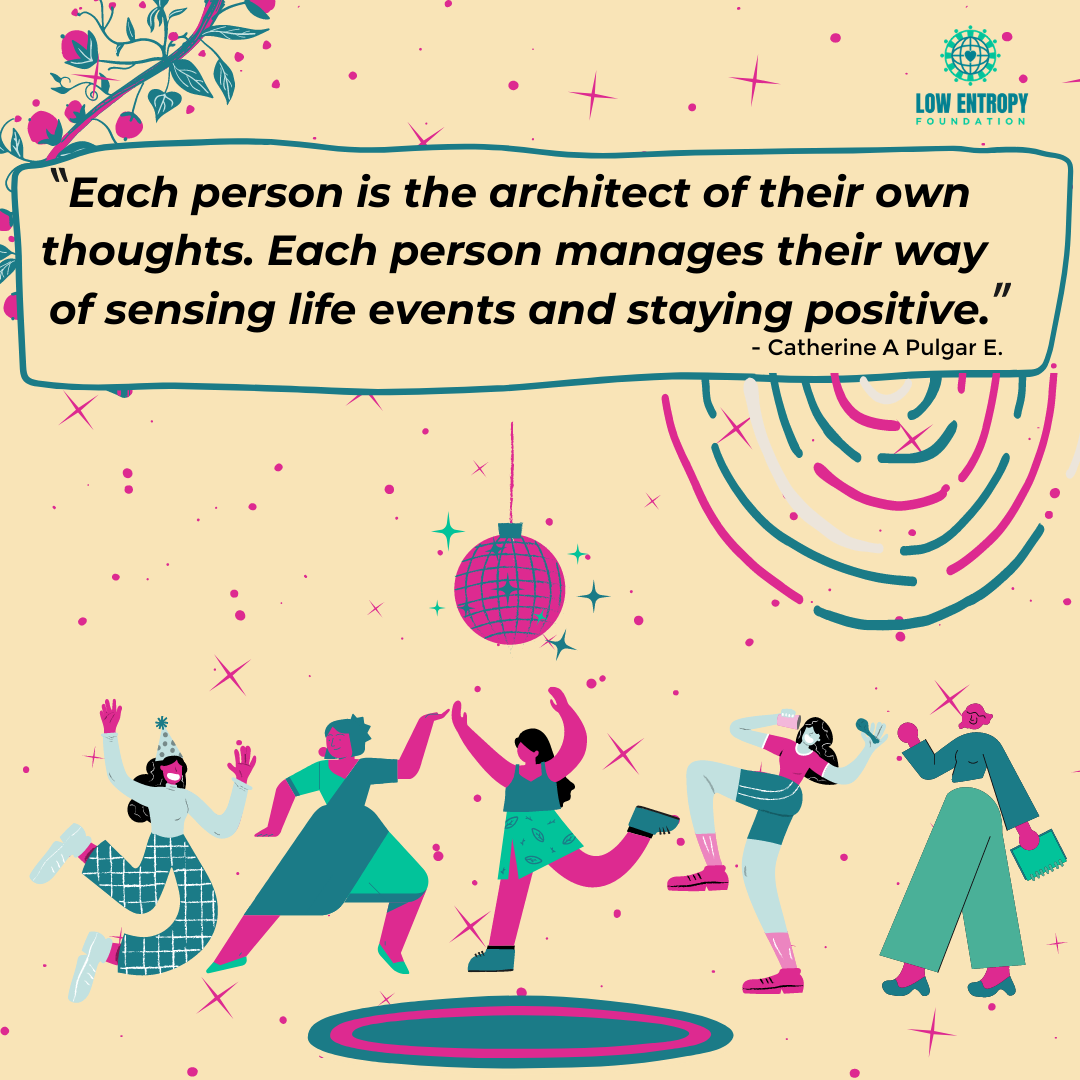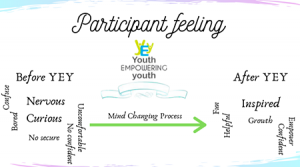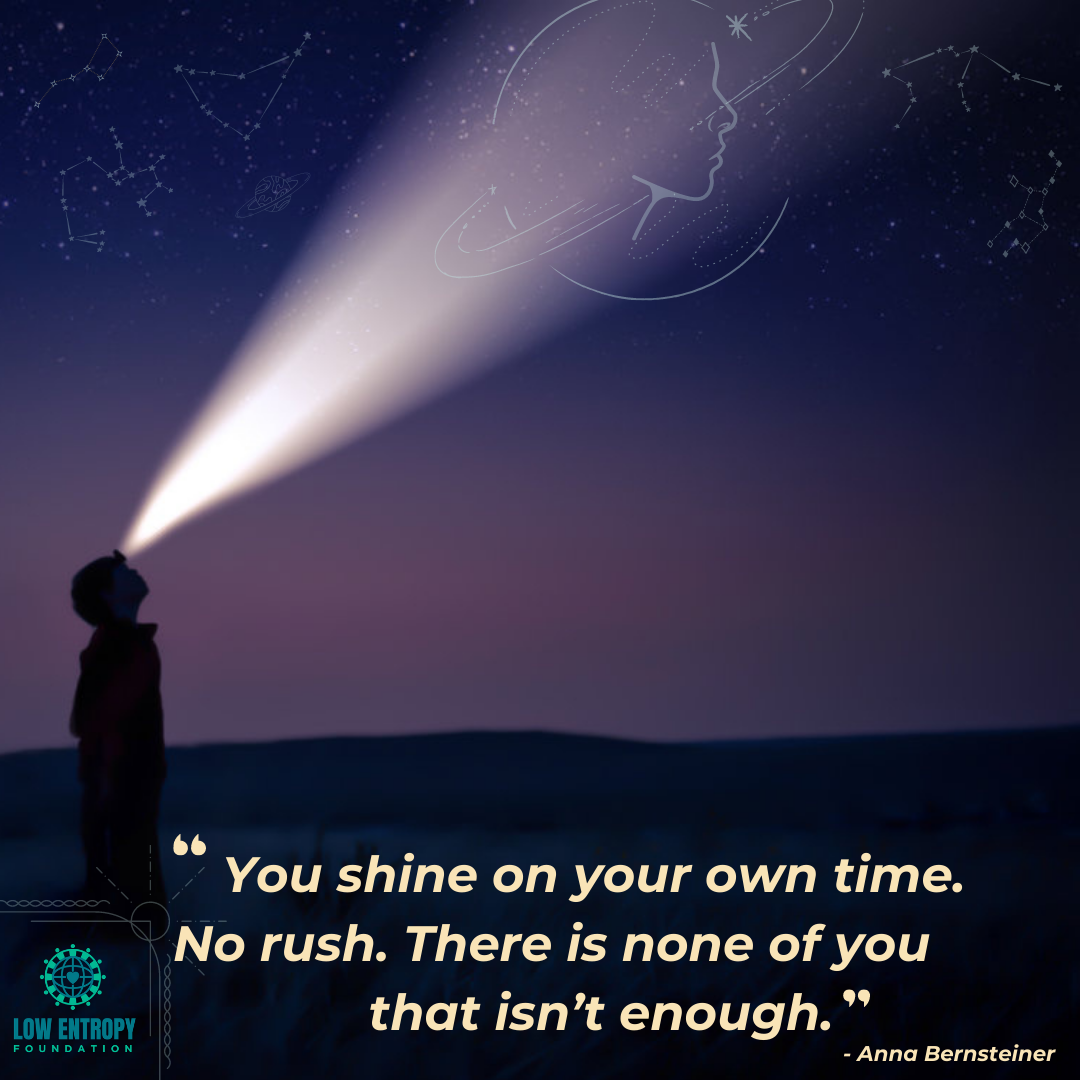Hello, my name is Hayley Chan, and I am a recent Criminology graduate of Western University. As a passionate advocate of . . .
Hey. My name is Hayley and I’ve been painstakingly Ctrl- C-ing & Ctrl -V- ing the same intro sentence across 71 different cover letters since September of 2020.
As productive as this process seemed, it was truly just plain – painful. Painful when that hopeful Indeed job posting says they’re just looking for a new grad with excellent communication and interpersonal skills – and of course that great work ethic – only for me to later discover that the position was filled by the first female rocket scientist to ever walk on Mars.
What were my next steps, you ask? Before I get into that, it’s worth mentioning what I wish this article was actually about. I wish this article was about how to keep persevering, how to get the job over that women’s rights public speaker/rocket scientist – yes, my imaginary competitor is also an eloquent activist for feminism.
And yes, I almost always pushed through. I’d get up the next day. Make my schedule. Do my company research. Send numerous LinkedIn invitations.
Seems like I had it all together right? After all, failure is a part of the process.
Well, that’s what I was hoping.
But this process didn’t work for me. I was trying so hard when I should have been trying less.
In my opinion, as we progress through the 21st century, it’s actually getting harder and harder to just “try less.” We live in a nine-to-five, workaholic, productivity-to-the-max culture.
Moreover, thanks to Facebook, Snapchat and Instagram, we are constantly bombarded with images of this lifestyle, which have become measures for normative success; it’s hard to not compare oneself to what we see on social media both consciously and subconsciously. And it’s harder to not care about how you measure up to others, and what others think about you in this respect.
This was especially true during such a monumental time in my life – post-grad. I was surrounded by people, virtually and in real life, who were jump-starting their careers, making my criminology degree feel slightly . . . useless?
So when September came, I spent four months learning how to network and tailored polished resumes and cover letters for general business roles.
Based on my actions, it would appear as though I cared about the field of human resources or general business administration. Wrong.
I just cared about how I appeared.
With each new cover letter, I was trying to convince not only the hiring managers, but also myself of my interest in the job. And I think at some point, I started to actually believe I was passionate about recruitment cycles and process improvement.
I truly wanted to enjoy the journey because I desperately craved the end result – validation, money, prestige.
But as stated by Mark Manson in the subtle art of not giving a f***,
What determines your success isn’t “What do you want to enjoy?” The relevant question is, “What pain do you want to sustain?”
The success of getting a full-time job in HR or in general business roles and making my first yearly salary sounded ideal.
But when it came down to it, this end goal did not justify slaving over these job applications every day for four months – applications where I spent copious amounts of time tediously stretching my experiences to fit the job requirements. It also didn’t even justify furthering my education in those fields. These pains were genuinely not worth my time and energy, because my goals were entirely created and driven by how I wanted others to perceive me. I got so caught up in my quarter-life post-grad crisis, frantically applying to jobs from a state of urgency, where my efforts anxiously screamed, “What do I even want to do with my life?!” without actually taking the time to properly answer that question.
It was like being newly single. You’re not too sure about what you want, and you may be kind of emotionally unavailable, but you pursue relationships that aren’t good for you or the other person. Why bother, or hurt yourself, when you could be taking that time and energy taking a break and doings you love?
We often try jumping into things without premeditation, and we hold on so hard to how we want things to be, because these ideas supposedly measure our worth, rather than accept simple truths like:
It’s okay to be unsure.
It’s okay if things don’t work out.
It’s okay to not have everything figured out.
It’s okay to pause, and just do what you can with what you have.
When I stopped focusing my efforts on what I didn’t want, I was able to think more about what I actually wanted. I started receiving more responses, creating job applications more easily, and feeling more satisfied with my progress. I no longer cared about what other people thought, because I was focused on achieving a goal that would be worth my time, energy, and satisfaction in the long run. Barriers, obstacles, and failure still existed, but caring less about what others thought and caring more about what I wanted made that pain much easier to sustain.
I’m not saying don’t reach for the stars. Just take it easy. Keep your feet on the ground and head out of the clouds – and stay off of that rocket scientist, feminist activist’s LinkedIn profile.
What’s truly worth your time? Comment below or join one of our many Low Entropy meet-ups to share your life priorities and passions with us.







